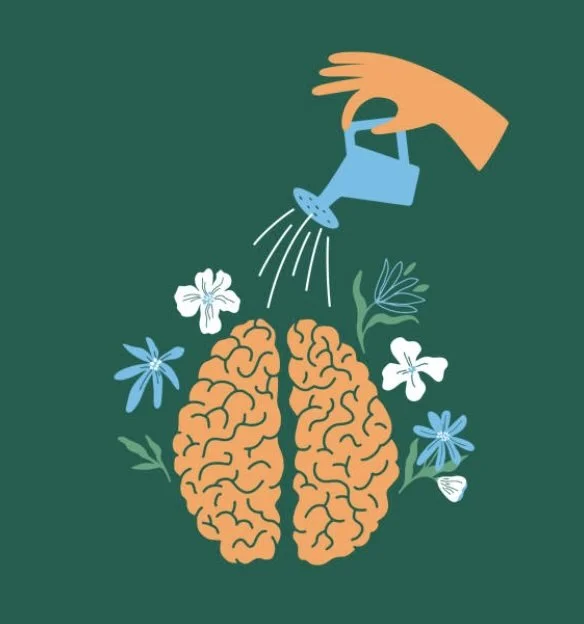Practicing Gratitude in All Seasons
/By Bree Nussbaum, amft
Amongst the many challenges that each of us face daily, gratitude is one of the best ways to combat anxiety, depression, stress and other difficulties. However, when in the middle of difficult situations, it can be challenging to find something to be thankful for. Keep in mind that practicing gratitude is exactly that– a practice. It takes time and different approaches to develop and strengthen the “gratitude muscle.” It might be worth your while to practice gratitude because gratitude is proven to improve sleep, physical health and psychological health, while simultaneously increasing empathy, social connection, self esteem and resilience.
With practice and intention, gratitude can gradually become more of a natural response over time. The following are different ways it can become part of your day, week or month. Start with what frequency feels right to you and build upon the habit.
One Thing From the Day: Over the course of a month practice slowing down and noticing one thing that you are thankful for. Even at the end of a hard day you can likely find one thing that brings up gratitude. Eventually challenge yourself and start naming 2 or 3 daily events you are grateful for.
Fill up a Gratitude Jar: Grab an empty container and fill it with notes of thankfulness. Whenever something makes you feel gratitude write it down and watch the jar fill up over time. When feeling down, go through the jar and reflect on the goodness in your life.
Journaling Prompts: When reflecting on gratitude, consider writing in a journal answering specific questions. What is a memory you are grateful for? How have you overcome a challenge recently? Perhaps you are most grateful for your home or putting a meal on the table. Why are you grateful for those things?
Connecting with others: Are you grateful for your family or a friend? Express this to each family member and why you are specifically grateful for them by sending a quick text, giving them a call or writing a handwritten note.
Reflecting on the emotion of gratitude: While practicing gratitude, notice how this feels in your body. What other emotions does it bring up? Notice the positive emotions and changes in your mood.
Reflecting on what could be missing: Sometimes, imagining if you did not have what you are grateful for can be a helpful way to elicit thankfulness or appreciation. Perhaps you imagine not having your home, food to eat, family or a close friend. Taking time to sit with this perspective can increase gratitude.
Although Thanksgiving is around the corner, gratitude does not have to end once the holidays come and go. Gratitude is a year round practice with a multitude of benefits. Challenge yourself and a friend to practice gratitude during this season and into the new year. Happy Holidays!


